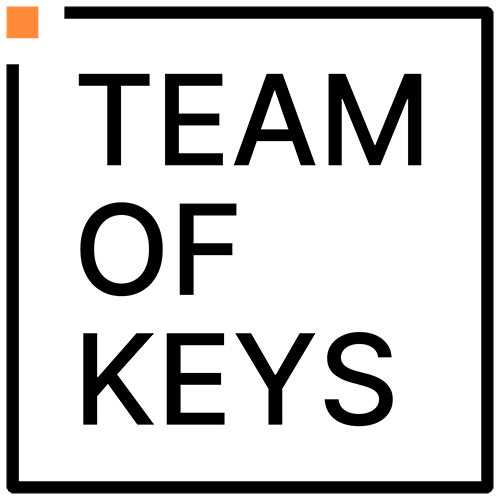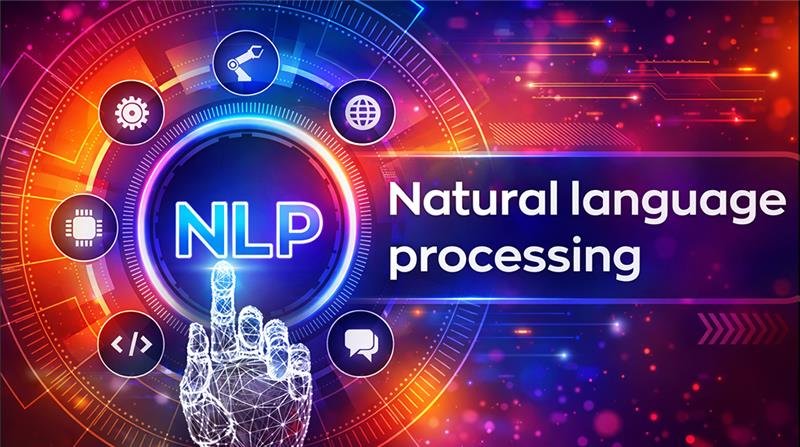The world of web development is constantly evolving, shaped by new technologies, user expectations, and business demands. In 2025, developers need to focus on speed, security, and scalability. Choosing the right programming language is no longer just a preference; it’s the foundation for building future-ready applications. Whether you’re a beginner starting your coding journey or a professional aiming to upskill, knowing the most in-demand programming languages will give you a strong competitive edge. Below are the top programming languages for Web Development in 2025 and why they matter.
1. JavaScript – Still the King of Web Development
JavaScript has powered the web for decades, and in 2025, it continues to dominate. From front-end frameworks like React, Angular, and Vue.js to backend development with Node.js, JavaScript is everywhere.
Why JavaScript is essential in 2025:
- Works seamlessly across browsers and platforms
- A vast ecosystem with frameworks and libraries
- Perfect for full-stack development (MEAN/MERN stacks)
- Supports innovations like AI, WebAssembly, and serverless computing
If you want to stay relevant in web development, JavaScript is non-negotiable.
2. Python – Simplicity Meets Power
Python is popular for its readability, versatility, and simplicity. While it’s widely used in data science and Artificial Intelligence, it’s also a powerful choice for web development through frameworks like Django and Flask.
Why Python is trending in 2025:
- Seamless integration with AI and machine learning
- Strong backend frameworks with rapid development cycles
- Huge community and learning resources
- High demand across industries
With AI-driven web apps becoming the norm, Python’s ability to combine AI with web development makes it a top choice.
3. TypeScript – JavaScript’s Smarter Sibling
TypeScript, created by Microsoft, is a superset of JavaScript that adds static typing. It improves scalability, reduces bugs, and is now the go-to for enterprise projects.
Why TypeScript matters in 2025:
- Enhances code reliability and maintainability
- Widely used in large-scale applications
- Built-in support for frameworks like Angular, React, and Vue
- Provides intelligent code completion and developer tools
As businesses demand bug-free, scalable solutions, TypeScript’s adoption will continue to grow.
4. PHP – The Veteran Still Standing
Despite being older, PHP remains relevant in 2025. Platforms like WordPress, Joomla, and Drupal still rely heavily on it, making PHP a must-know for content-heavy websites.
Why PHP remains important:
- Powers more than 75% of websites
- Mature ecosystem with frameworks like Laravel and Symfony
- Easy to deploy and host
- Strong community and resources
PHP might not be flashy, but for CMS and E-commerce development, it’s still a powerhouse.
5. Ruby – The Startup Favorite
Ruby, with its famous Ruby on Rails framework, continues to be popular among startups for rapid prototyping and MVPs.
Why Ruby is still relevant in 2025:
- Ideal for quick product launches
- Simple, elegant syntax focused on developer happiness
- Active community and vast libraries
- Scalable enough for growing businesses
For startups that need speed-to-market, Ruby remains a go-to choice.
6. Go (Golang) – Performance and Scalability
Go, developed by Google, is known for its speed, concurrency, and scalability. It’s widely used in cloud-native applications, APIs, and microservices.
Why Go is growing in 2025:
- Exceptional performance and concurrency handling
- Perfect for serverless and distributed systems
- Strong enterprise and DevOps adoption
- Easy to learn compared to other compiled languages
As cloud computing expands, Go is becoming a must-have for backend engineers.
7. Rust – The Future of Safe and Fast Web Apps
Rust is gaining attention for its memory safety, speed, and reliability. It’s especially powerful when combined with WebAssembly for high-performance web apps.
Why Rust is the future:
- Prevents common bugs and security issues
- Performance comparable to C++ but safer
- Growing use of WebAssembly and backend services
- Backed by big names like Mozilla, Microsoft, and Amazon
For developers aiming to future-proof their careers, Rust is a language worth investing in.
Final Thoughts
In 2025, no single language fits all needs; your choice depends on project goals and vision. JavaScript, TypeScript, Python, Go, Rust, PHP, and Ruby each hold unique strengths. The most successful developers are adaptable polyglots, mastering multiple languages to stay future-ready and thrive in the fast-evolving world of web development.











